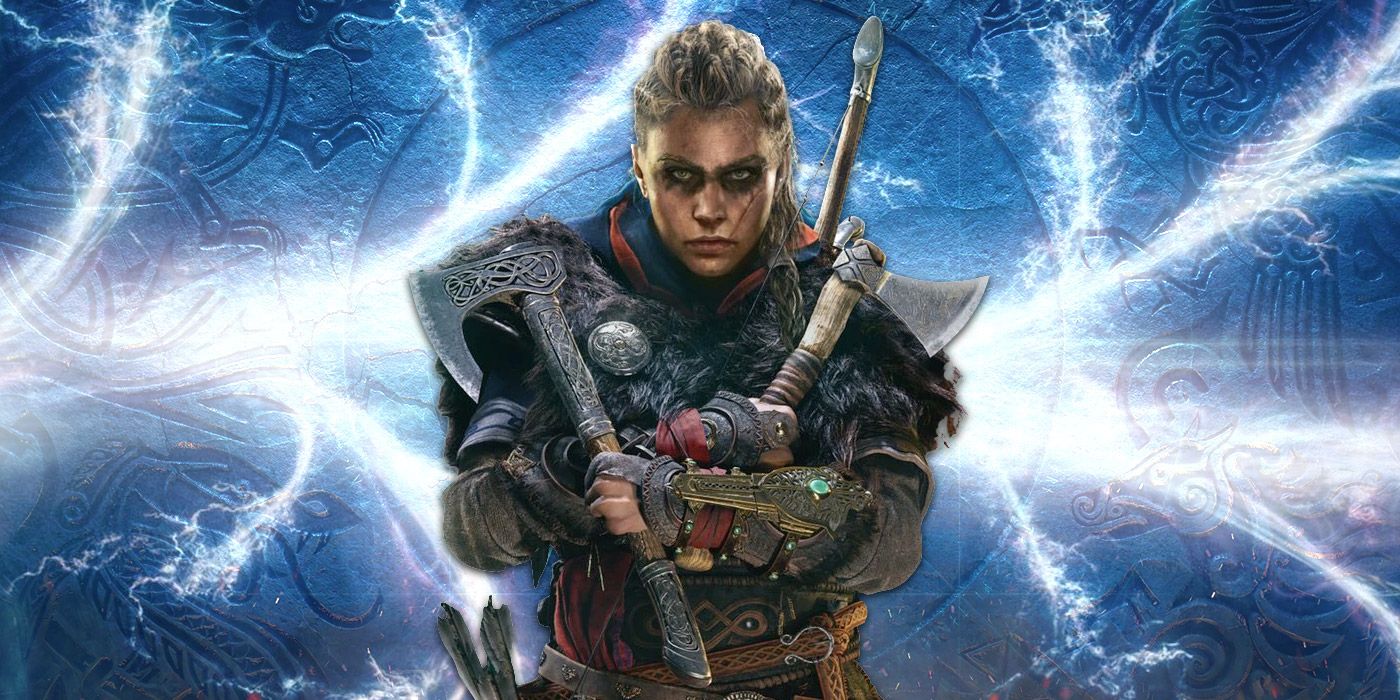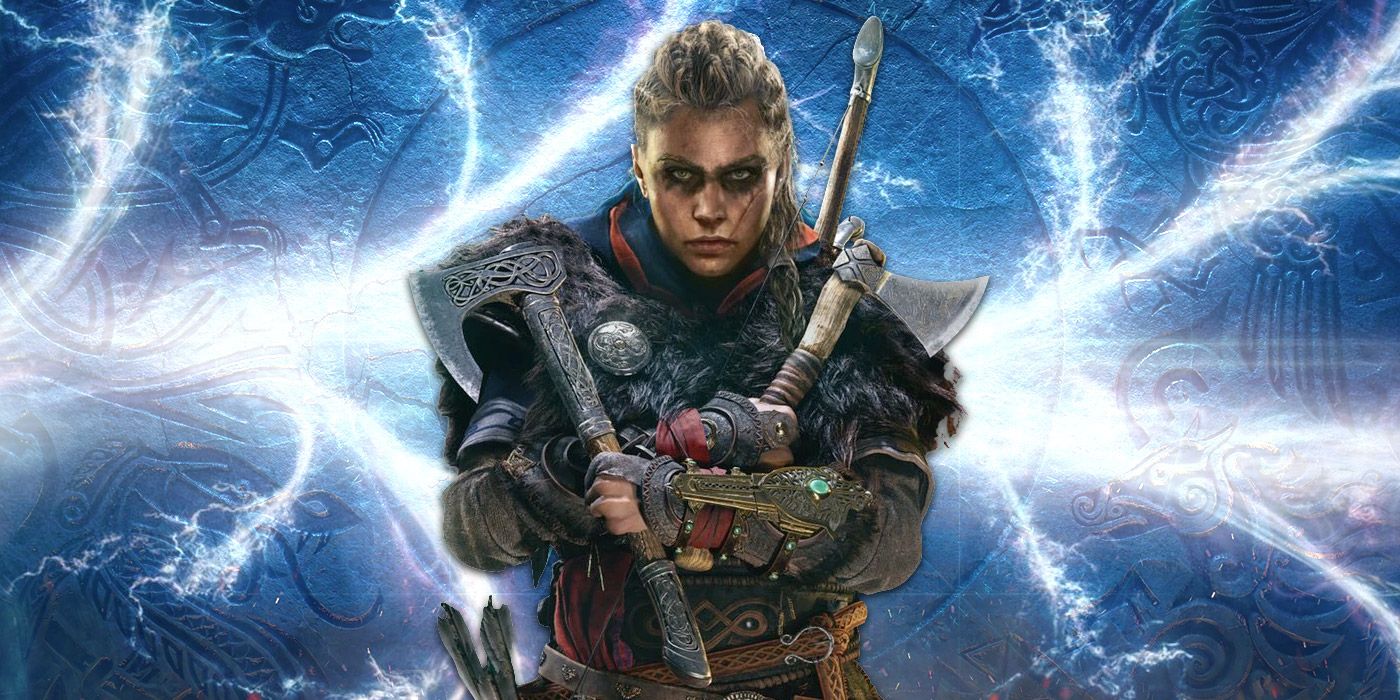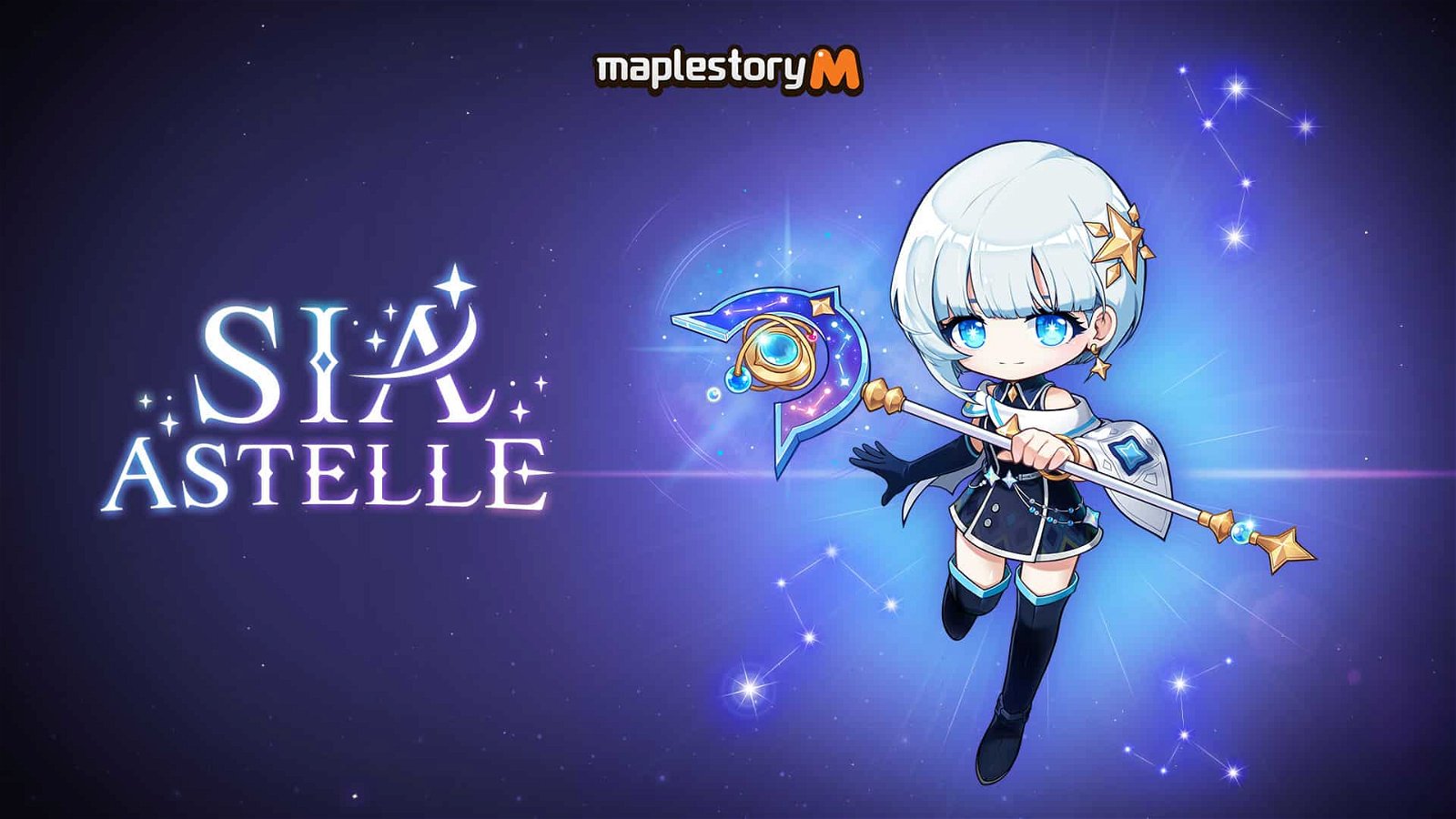

From the onset, Assassin's Creed Valhalla has connected itself to more games in the franchise than any other. The base game operates as a prequel and sequel to Assassin's Creed 3, while the hunt for the Order of the Ancients does much in establish the Templar Order. Its DLC continues that by connecting the game to lands seen in other games.
In Wrath of the Druids, because of Dublin's role in a trade center, AC Valhalla loosely connects to AC Origins, AC Odyssey, AC Revelations, and AC Chronicles: Russia. It even has a slight nod toward AC Rogue, and while The Siege of Paris DLC will hopefully continue this trend, all of this is possible because of the Viking's tendency to settle everywhere and Assassin's Creed Valhalla's place on the timeline. In fact, looking at this gives it a unique relationship with AC1 and, looking at it from a video game timeline angle too, AC Odyssey's Kassandra even more.
RELATED: Assassin's Creed Sisterhood Explained

Eivor may not be an Assassin, but she's involved with a lot of the Hidden Ones' activities. Interestingly enough, Valhalla is also one of the closest games to AC1 timeline-wise, with the original game taking place in 1191. Until AC Origins, most of the games moved forward or held to an era that occurred after AC1. Ezio went through the Italian Renaissance into his older Constantinople days, AC3 took players to the American Revolution (1700s!), many games found themselves in this era of revolution too, and AC Syndicate took players to the Industrial Revolution.
AC Origins jumped back, putting a lot of distance between AC1 and it, with Odyssey going back further. Valhalla jumps AHEAD by a lot from there, taking place in the 872-878, with the Siege of Paris supposedly jumping ahead to 885 as well. Subtracting 878 from 1191 means that the end of Assassin's Creed Valhalla takes place just 313 years before AC1, making it the second closest of the mainline games chronologically. The first closest is AC2, which begins in 1476, and thus starts 285 years after AC1. It's not the strongest connection, notably, but as games moved away from and distanced themselves from this time period, it seems Assassin's Creed Valhalla decided to come knocking on AC1's door.

As aforementioned, with the Siege of Paris DLC, players can expect Valhalla to keep deepening its roots. With Siege of Paris, it makes sense if there is an Easter egg for AC Unity, some nod toward the Pieces of Eden there, or the like. However, beyond that, Valhalla has a "meta" positioning on the Assassin's Creed timeline.
As many players know from Assassin's Creed Odyssey's DLC, Kassandra essentially becomes immortal and walks the earth until she can pass the Staff onto Layla. In this cutscene, she is wearing a suit meaning it's clear she interacted with the world. This is true of every single game in the Assassin's Creed franchise; technically speaking, Kassandra was alive during them. Valhalla, however, is the first game where she can possibly appear, not because of its exact placement on the timeline, but its meta role in the story.
As such, the recent leak that Kassandra will meet Eivor in an upcoming Assassin's Creed Valhalla DLC (as Ubisoft has teased more DLC into 2022) not only make sense, it would be a big missed opportunity to not draw some connections here. The game has been doing that everywhere it can anyway, and so this is a big chance to strengthen Valhalla's role on the timeline. When all is said and done, when every piece of DLC for Valhalla has released, it'll be interesting to see how many lines can be drawn from it to other games.
Assassin's Creed Valhalla is available now for PC, PS4, PS5, Stadia, Xbox One, and Xbox Series X.
MORE: Celebrating Assassin's Creed Sisterhood One Year Later



